detail profile lee hsing
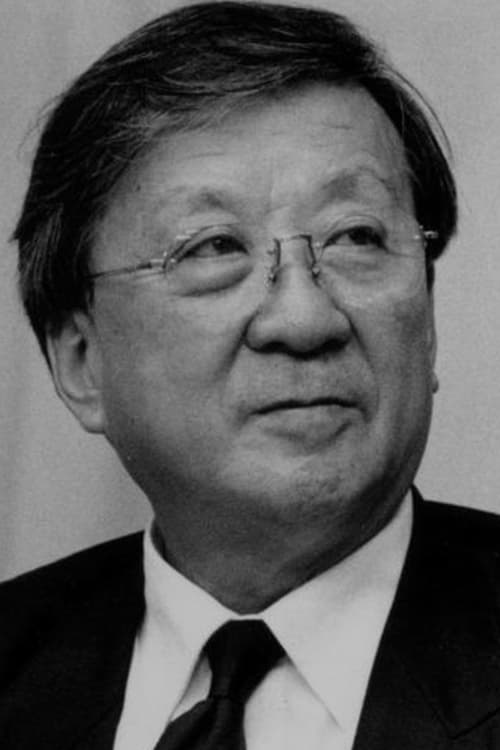
Lee Hsing
Lee Hang
atau dikenal sebagai
Riwayat Hidup
Emigrated to Taiwan in 1948 during the Kuomintang retreat.
Until 1962, Li worked primarily on Hokkien films, despite being unable to speak Taiwanese Hokkien.
His first Mandarin film, was Our Neighbors.
Oyster Girl, which Li co-directed with Lee Chia was the first Taiwanese feature film to be shot in color.
Info Pribadi
Peran Yang Di Mainkan Lee Hsing
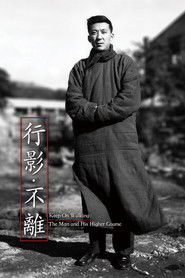 In Taiwan director Lee Hsings films...
In Taiwan director Lee Hsings films...Keep on Walking: The Man and His Higher Course 2021
In Taiwan, director Lee Hsing's films have become a reflection of society and a collective memory of many. His dedication to film not only launched the careers of many movie stars and crew, but was also the foundation of the prestigious Golden Horse Awards. This documentary offers Lee Hsing's personal perspective on family, films, fate and beliefs, giving us a glimpse of the glory and rebirth of Taiwanese cinema.
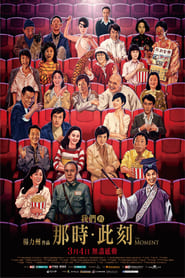 In 2013 the Golden Horse Film Festival...
In 2013 the Golden Horse Film Festival...The Moment: Fifty Years of Golden Horse 2016
In 2013, the Golden Horse Film Festival celebrated its 50th anniversary. The ministry of Culture commissioned director Yang Li-chou to make a documentary about the history of Golden Horse. What is unique to this film is that it's not an ode to celebrities but about the role cinema plays in ordinary people's lives. It's a love letter to cinema, filmmakers and audiences.
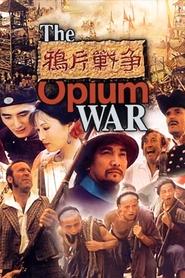 The story of the Opium War...
The story of the Opium War...The Opium War 1997
The story of the Opium War between China, in the waning days of the Qing Dynasty, and the British Empire, in the 1830s, and the subsequent takeover of Hong Kong by Britain; through the eyes of the key figures, fiercely nationalistic Lin Zexu, and opportunistic British naval diplomat Charles Elliot.
 Jointly and respectively directed by King...
Jointly and respectively directed by King...The Wheel of Life 1983
Jointly and respectively directed by King Hu, Lee Hsing, and Pai Ching-Jui, three major Taiwan directors of the 1970s, this film consist of three shorts with the same cast of two actors and one actress, who through reincarnation meet in three different times.
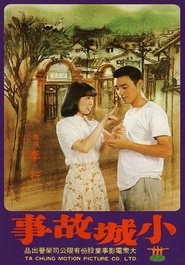 The film revolves around a family...
The film revolves around a family...The Story of a Small Town 1980
The film revolves around a family living in a small town. Kenny Bee plays the male family member who is released from prison and falls in love with a mute woman (Lin Feng-jiao).
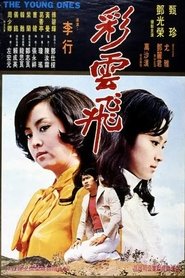 Meng Yun Lao a college student...
Meng Yun Lao a college student...The Young Ones 1973
Meng Yun Lao, a college student originally from Hong Kong, stays at a family friend’s house and falls in love with their daughter, Hai Ni. Hai Ni is born with a serious heart defect. When she is notified that Yun Lao is heading back to Hong Kong, she suffers depression and dies. Yun Lao leads his life in despair until he meets a pop singer Hsiao Mei, who looks exactly like Hai Ni.
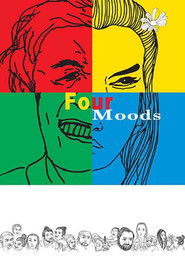 Directed by some of most well...
Directed by some of most well...Four Moods 1970
Directed by some of most well known Chinese-language directors of the time, the portmanteau film Four Moods was an attempt to alleviate Li Han-hsiang’s financial troubles during the late 1960s. Arguably one of his best works, King Hu’s short Anger is an adaptation of the famous Peking opera San Cha Kou; set to opera instrumentation and stylishly shot, the film deftly captures the tense showdown between political schemers, avengers and vagabonds inside an inn. Li Han-hsiang’s Happiness, inspired by the Strange Tales of Liaozhai, tells a tale of reprieve for a kind-hearted ghost, while Pai Ching-Jui’s Joy and Lee Hsing’s Sadness both explore the fateful encounters between mortal men and ghostly women.
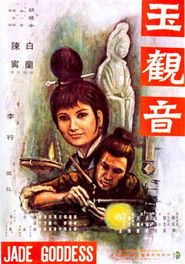 The story is based on a...
The story is based on a...The Jade Goddess 1969
The story is based on a play written by famous playwright Yao Yiwei whose work takes adaptation from the novel in Sung Dynasty. The film describes Xiuxiu, a daughter of an aristocrat,who falls in love with her cousin who is a talented sculptor. Nevertheless they experience all kinds of difficulties during the process of trying to get married.
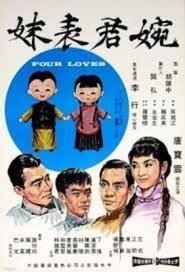 This film is based on a...
This film is based on a...Four Loves 1965
This film is based on a short story by Qiong Yao whose film adaptions took the world by storm in the 1960s. The time of the story sets in the 1920s, the first decade after the country was founded. This is a bitter love story among three brothers and their beautiful cousin. The film reveals the struggles of a woman facing modern liberation and stereotypes of traditional culture.
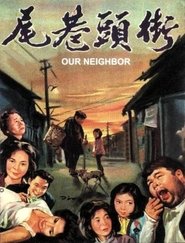 An orphaned girl in a povertystricken...
An orphaned girl in a povertystricken...Our Neighbor 1963
An orphaned girl in a poverty-stricken neighborhood is adopted by a kindly neighbor. He struggles to support her honestly, despite opportunities to participate in a neighbor’s scurrilous get-rich-quick schemes. Invoking the pain of Chinese exiles living in Taiwan, or missing relatives still in China, the touching film posits an in-between historical period during which it is crucial for displaced residents to maintain virtue as a bedrock of identity.
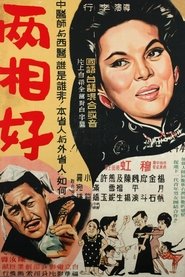 Dr Huang runs a clinic One...
Dr Huang runs a clinic One...Good Neighbors 1961
Dr. Huang runs a clinic. One day, Mr. Chen moves to next door and opens a Chinese medicine clinic. In the beginning, the two families get along fine and Chen’s son and Huang’s daughter like each other. But when Mrs. Chen proposes the marriage to Dr. Huang, the conflicts between the families explode.
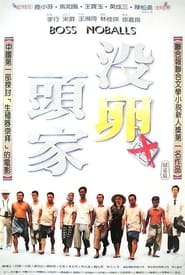 In a tiny fishing hamlet on...
In a tiny fishing hamlet on...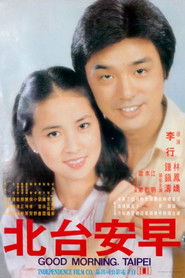 A loose youth passes the time...
A loose youth passes the time...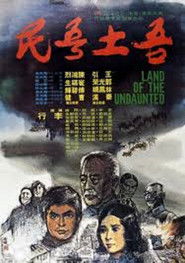
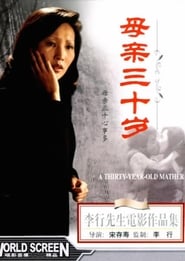 A young boy witnesses his mothers...
A young boy witnesses his mothers...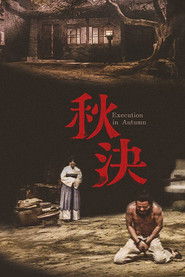 Peigang his familys only son for...
Peigang his familys only son for...